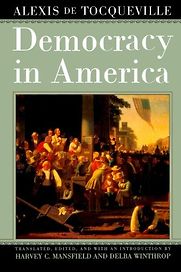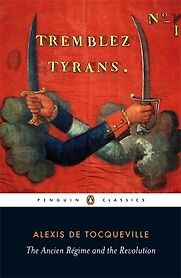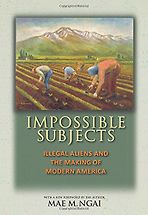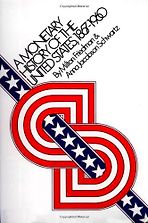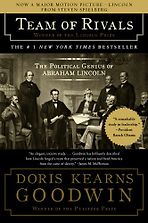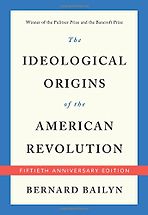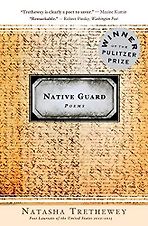Democracy in America
by Alexis de Tocqueville
“Among the new objects that attracted my attention during my stay in the United States, none struck my eye more vividly than the equality of conditions. I discovered without difficulty the enormous influence that this primary fact exerts on the course of society; it gives a certain direction to public spirit, a certain turn to the laws, new maxims to those who govern and particular habits to the governed.”
—Alexis de Tocqueville, Democracy in America (Harvey Mansfield and Delba Winthrop translation), opening paragraph.
Recommendations from our site
“Tocqueville, in a way, was the first sociologist, though that field didn’t exist in the 1830s, when he wrote the book. In it, he looks at the formal institutions of American democracy—Congress, and the presidency, and so forth—but what everybody really takes away from it is that those institutions ride on top of the morals and mores and habits of the underlying society…Tocqueville gives you a different analysis that looks beneath the surface of the visible institutions and tries to understand the moral habits that underlie the workings of those institutions. It’s really looking at the society rather than just the formal laws and whatnot.” Read more...
The best books on Liberal Democracy
Francis Fukuyama, Political Scientist
“It’s a masterpiece of sociological and political analysis. Tocqueville’s work still helps us understand America, 170 years after he wrote it.” Read more...
Stephen Breyer on his Intellectual Influences
Stephen Breyer, US Supreme Court Justice
“Tocqueville was seized by the sharp contrast between Paris and America, where people did not wait for the central government, but went ahead on their own, and I think that’s vital part of what it is to be both an American and a vital part of what is America.” Read more...
The best books on Compassionate Conservatism
Karl Rove, Political Commentator
“Tocqueville was not only a brilliant sociologist but he also saw the connections between American society and the budding capitalism of the 1830s.” Read more...
The best books on Saving Capitalism and Democracy
Robert Reich, Economist
“It lays out how ideas are translated into political institutions, and even more so into mores and habits and practices of everyday life.” Read more...
The best books on Freedom Isn’t Enough
Yuval Levin, Political Commentator
“Tocqueville, yes: of course his book is about the American Revolution. But if you read it, it’s more about the French Revolution than the American Revolution. Well, it’s about democracy in general. But as Tocqueville perceives it the great problem… well, in a way, perhaps his book should be called the American Aristocracy rather than American Democracy, because it’s really all about the need in democratic politics to have a public-spirited aristocracy. Of course you didn’t use the word aristocracy then, because despite being the ideal, the word was out of fashion, and Tocqueville was writing about democracy. But he did worry that America didn’t have that aristocratic element and that a democracy without that aristocratic element would not work. The Americans hadn’t by then—at the time he was writing—found a substitute for the French aristocracy in France. And then Tocqueville began to see the glimmerings of possibility in America, and found an aristocracy suitable for democracy, and again I suppose you would argue that this is a subject relevant to today: as we’ve just got rid of our aristocracy, or toffs, or grandees as they’re called, and the meritocracy that has taken their place is a disaster, rather as it happened in Republican France, and still in a way pertains, because they never found a political elite which the public was prepared to trust. All of these subjects are beautifully considered in Tocqueville’s books: two volumes about the American democracy.” Read more...
The best books on The French Revolution
Peregrine Worsthorne, Journalist
Our most recommended books
-

Beloved
by Toni Morrison -

Impossible Subjects: Illegal Aliens and the Making of Modern America
by Mae M. Ngai -

A Monetary History of the United States, 1867-1960
by Anna Schwartz & Milton Friedman -

Team of Rivals
by Doris Kearns Goodwin -

The Ideological Origins of the American Revolution
by Bernard Bailyn -

Native Guard
by Natasha Trethewey
